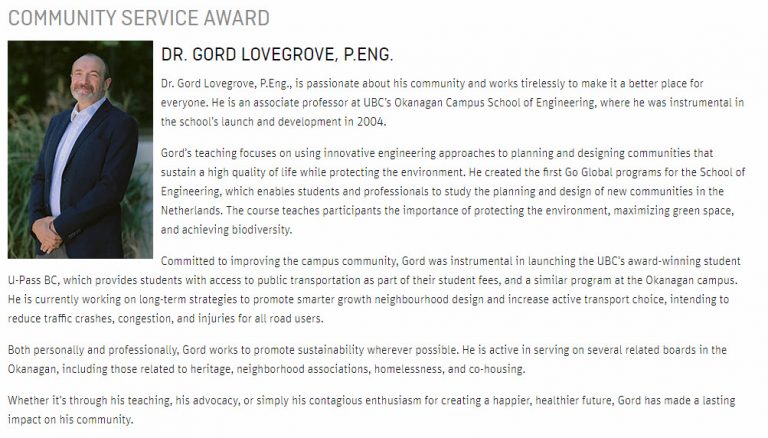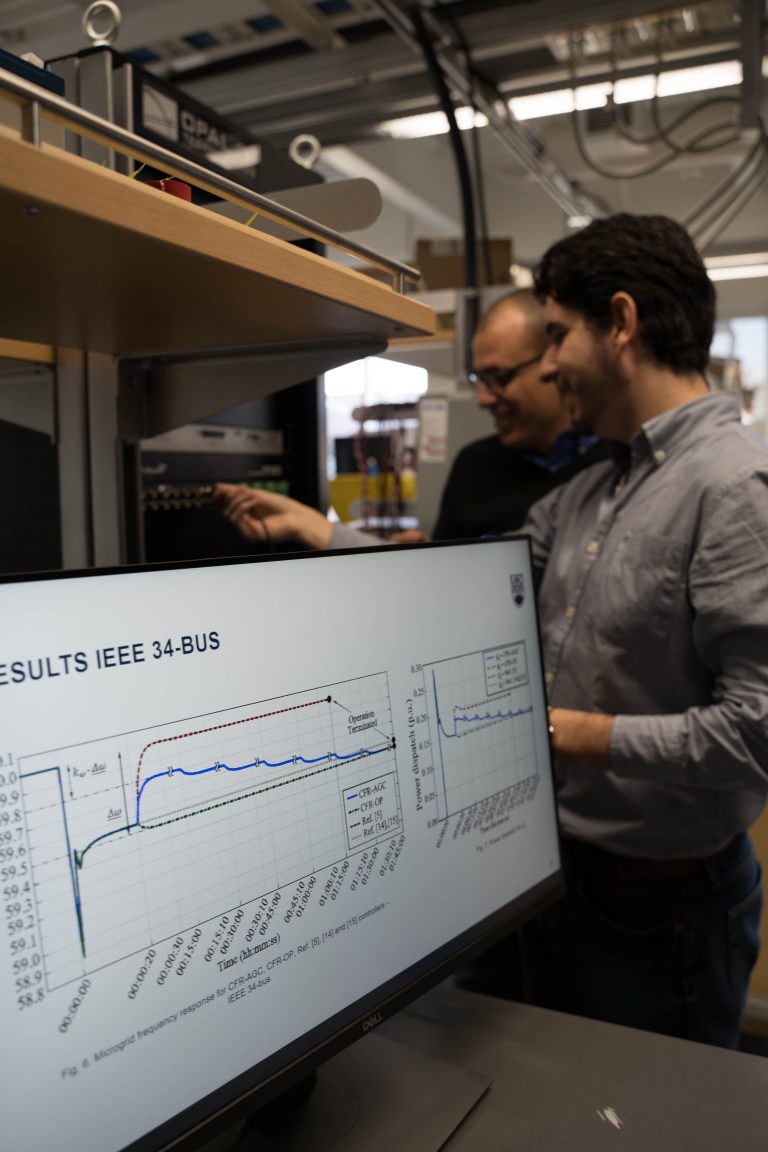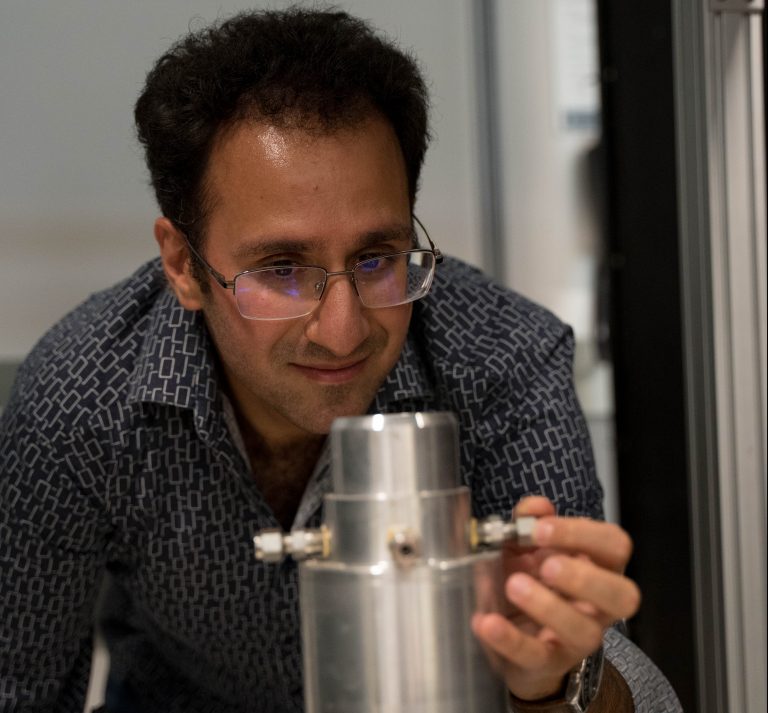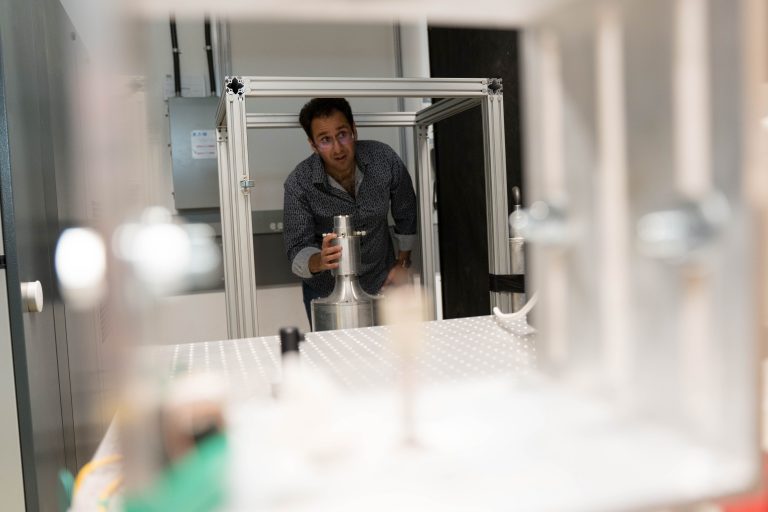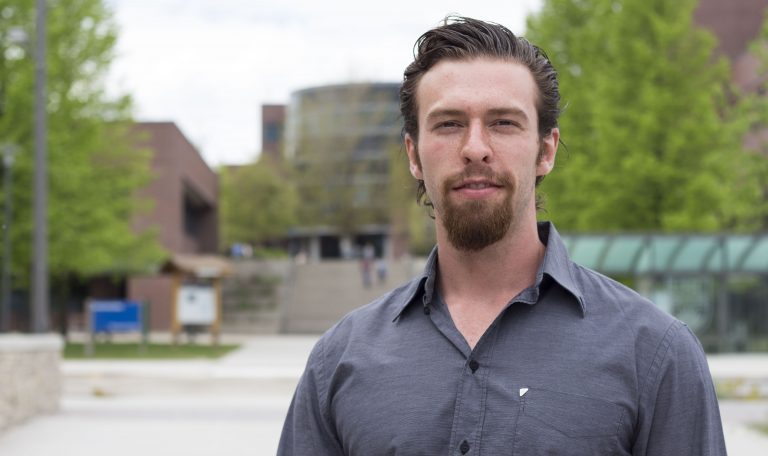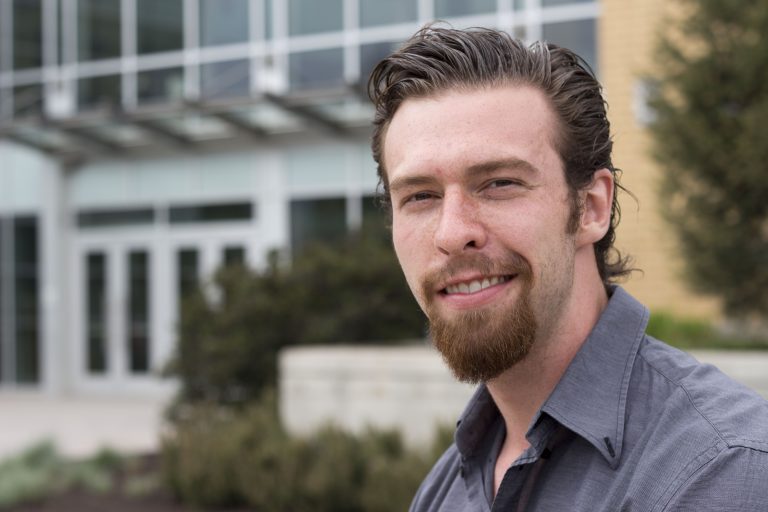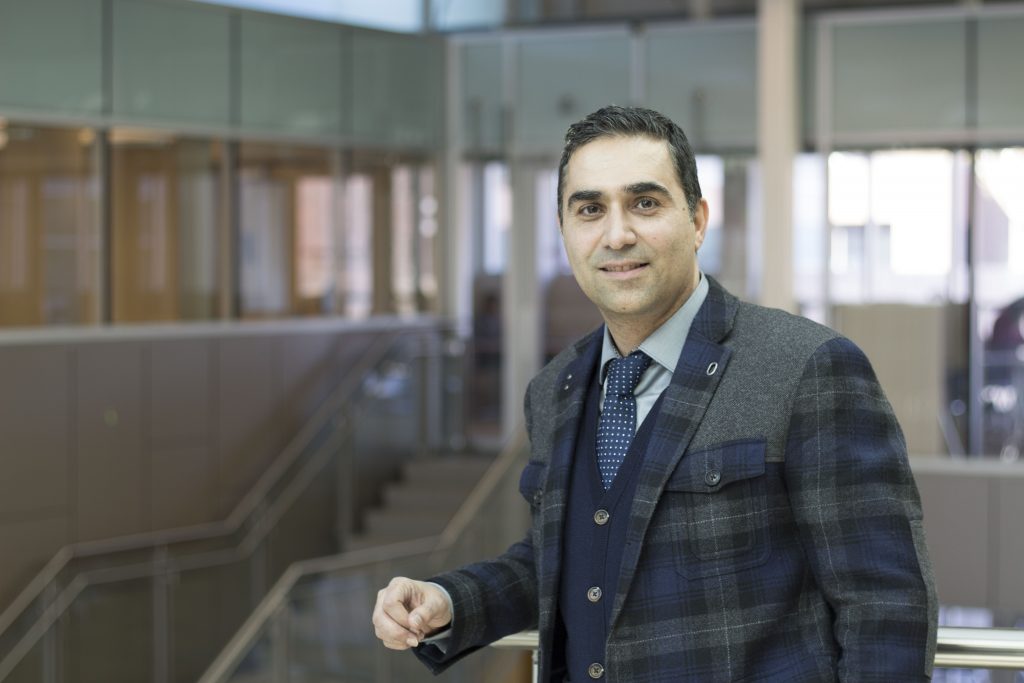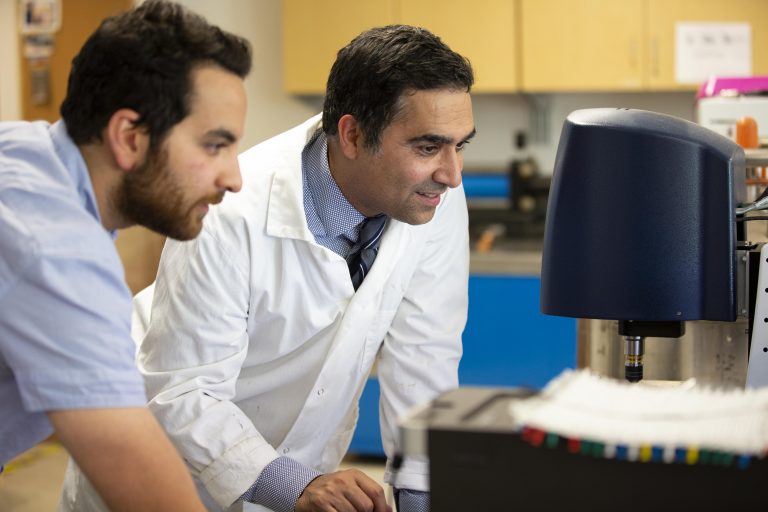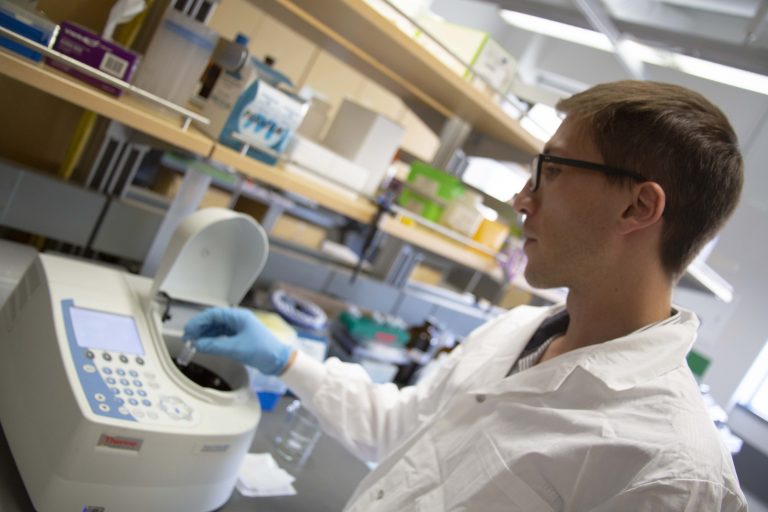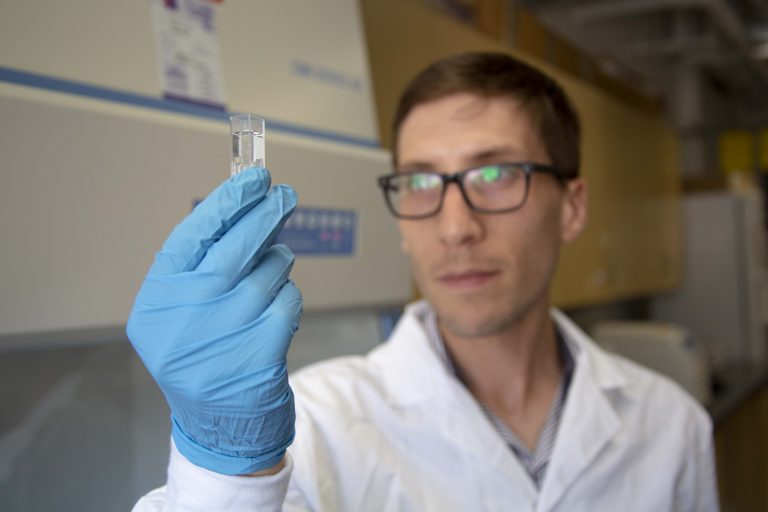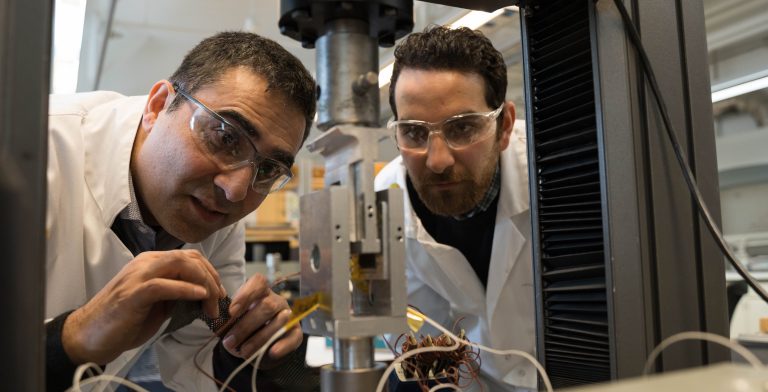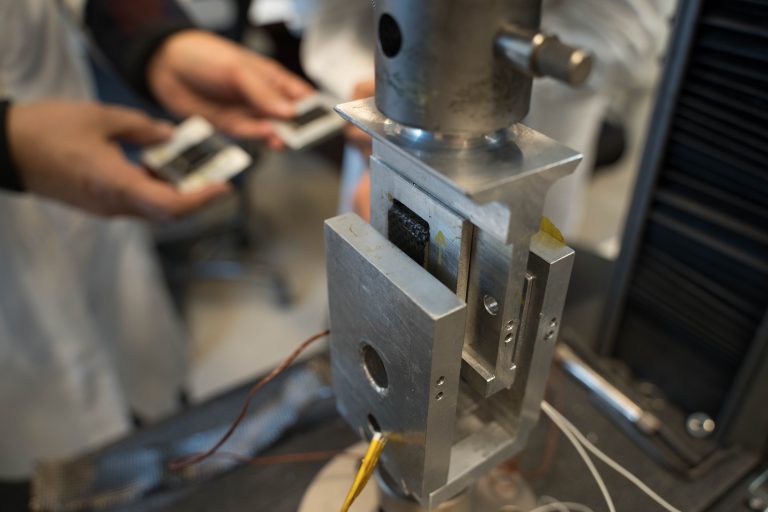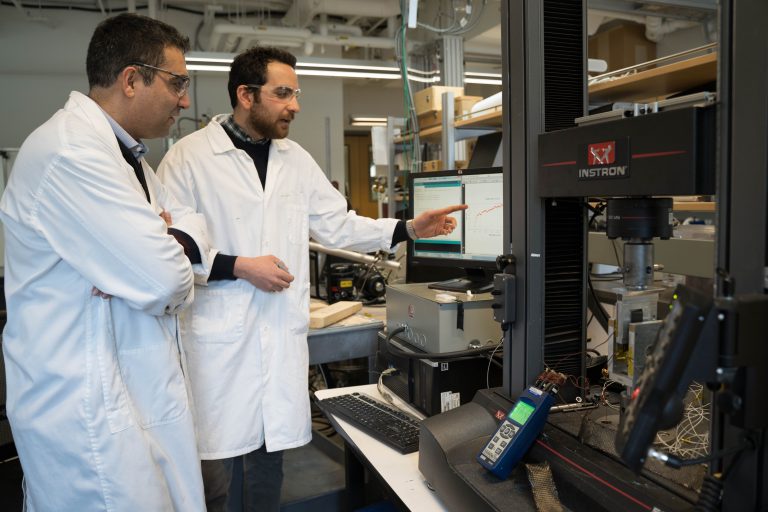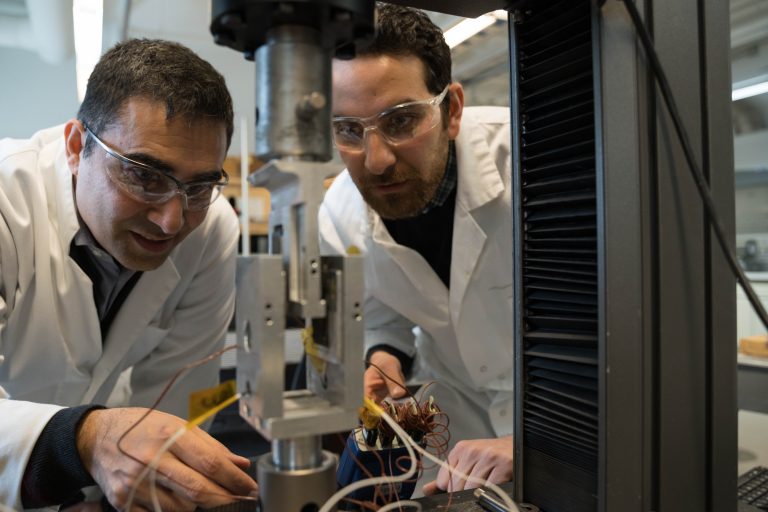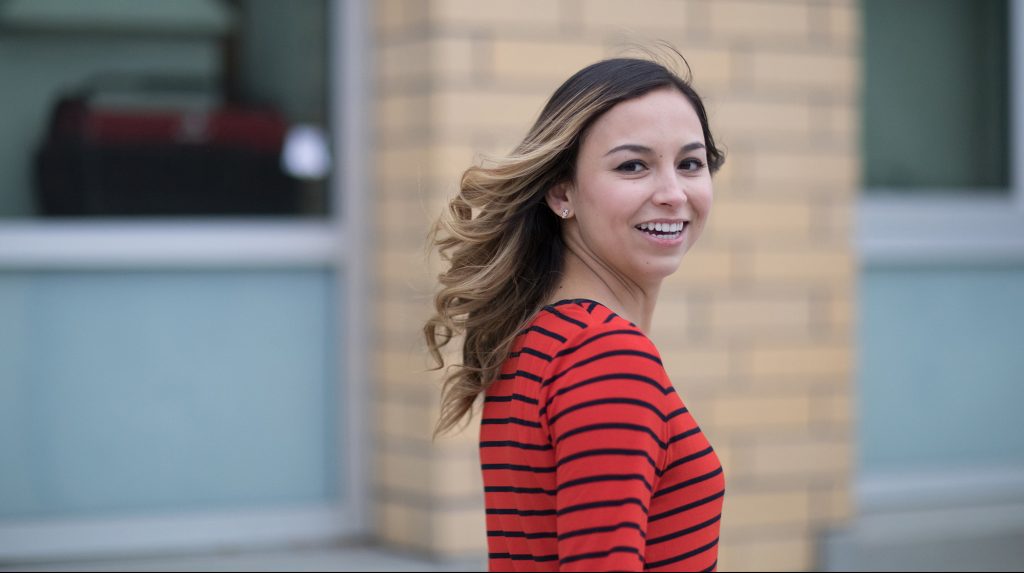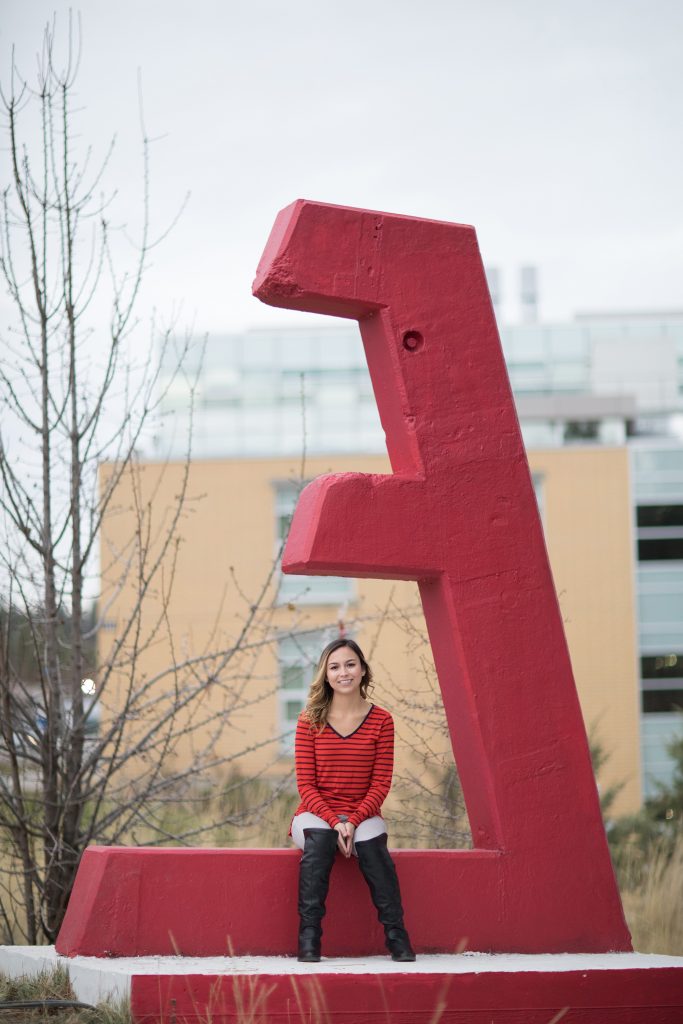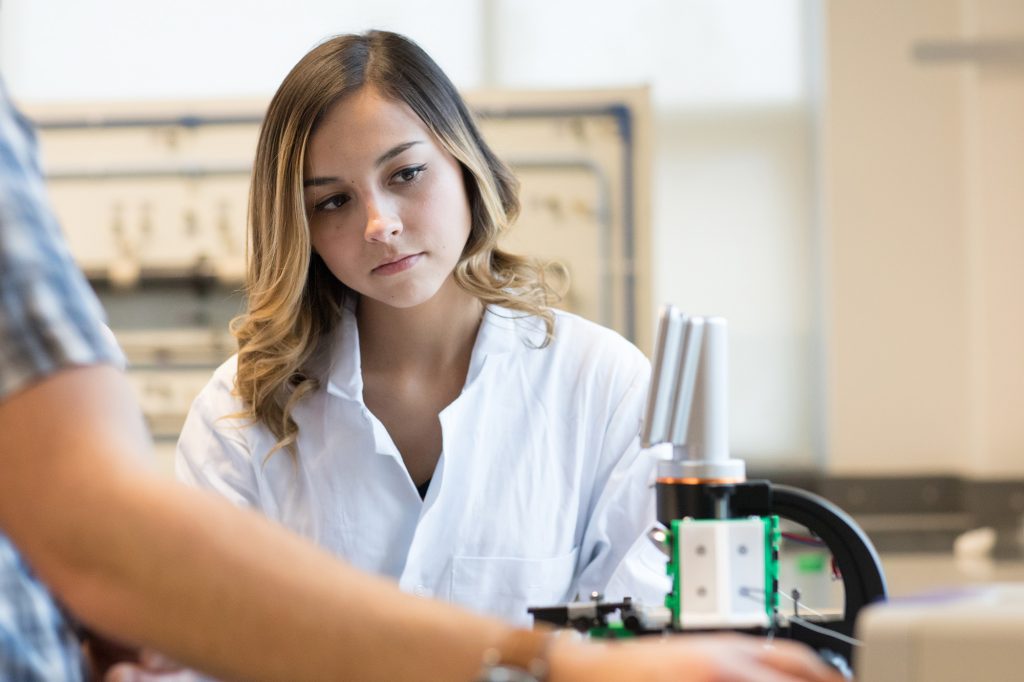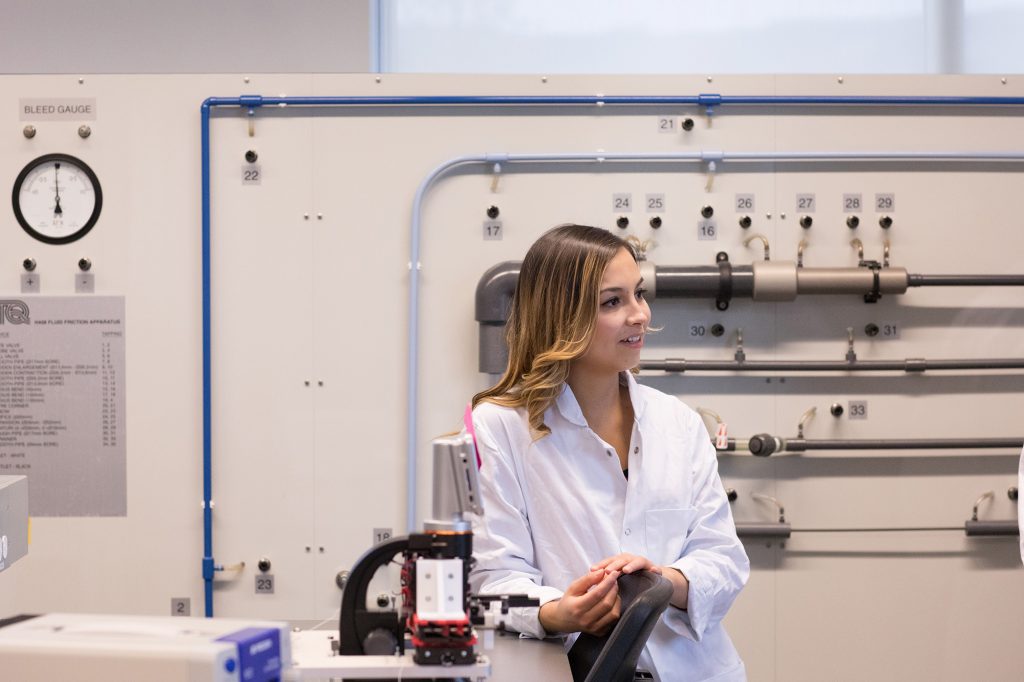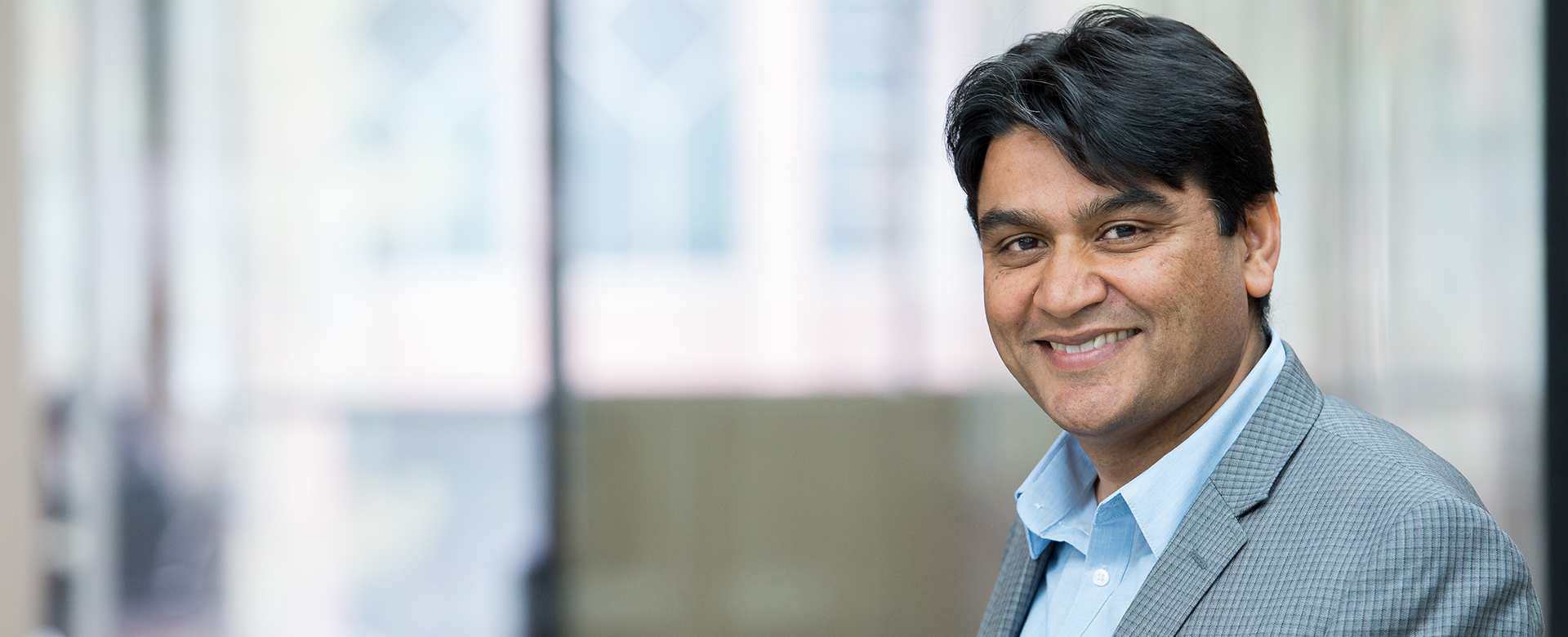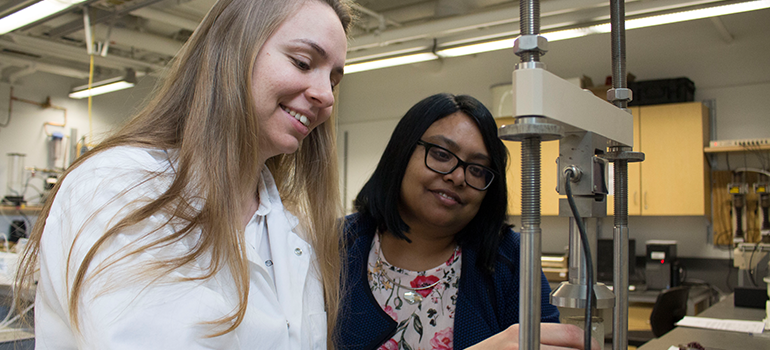School of Engineering Civil Engineering Professor Gord Lovegrove is among the recipients of the 2020 Engineers and Geoscientists of British Columbia President’s Award. The 2020 President’s Award for Community Service recognizes his community contributions and research related to developing sustainable communities.
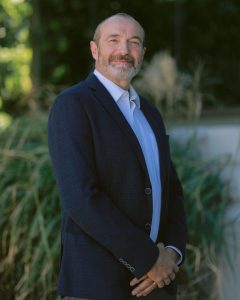
The President’s Awards are British Columbia’s top awards for professional engineers and professional geoscientists, and have been developed to recognize the exemplary and outstanding professional, technical, and community contributions made by members of Engineers and Geoscientists British Columbia. The Community Service Award recognizes substantial contribution of community service, through leadership and dedication to the well-being of one’s community.
As a long-standing champion for his community and the environment, Lovegrove strives to make his community a more welcoming and accessible place for all.
Fresh Outlook Foundation’s Founder and CEO, Joanne De Vries, says “Gord not only excels professionally, he also literally walks the talk in his personal life.” De Vries points to Lovegrove’s advocacy and leadership in establishing several leading-edge multi-sector programs to protect and promote the environment.
Lovegrove joined the School of Engineering in 2005, and immediately connected with community stakeholders who shared his passion for the environment, community and sustainability. Through these partnerships, Dr. Lovegrove has been active with the City of Kelowna’s Greenhouse Gas Reduction Strategy and with BC transit planning. He is a member of Kelowna’s Intentional Community Living group that is planning and designing the Okanagan’s first co-housing demonstration project, in collaboration with Interior Health Authority researchers.
He has also served in a variety of volunteer capacities for Kelowna’s Fresh Outlook Foundation, Kelowna’s Okanagan Car Share Co-Op, TRB Bicycle Committee and the Christian Service Brigade.
Roger Liegmann, the Senior Paster of Westmount Church, describes Lovegrove this way: “Every conversation I have personally had with Gord have involved his passion and belief in supporting our city. He is a consistent advocate for ways our city can improve and become a better place to live.”
Lovegrove’s teaching and research focus is on using innovative engineering approaches to plan and design communities that sustain quality of life while protecting our environment. In 2017, Dr. Lovegrove instructed over two-hundred students in three courses connected to the environment (ENGR 305 Engineering Economics, ENGR 435 Transportation System Design and ENGR 449 Sustainable Community Design). He also created the first Go Global course for the School of Engineering, one that enables UBC students and professionals to study the planning and design of new communities in Holland. The course teaches participants the importance of protecting the environment, maximizing green space, and achieving bio-diversity, all while achieving high quality of life through integrated housing, transportation choices, and coordinated, focused growth.
According to EGBC’s announcement “whether it’s through his teaching, his advocacy, or simply his contagious enthusiasm for creating a happier, healthier future, Gord has made a lasting impact on his community.”
For more information about Lovegrove’s teaching and research visit https://engineering.ok.ubc.ca/about/contact/gordon-lovegrove/

